Earlier on, I wrote a piece about the coming Celtic AGM and the need for it to go ahead, in spite of the global health emergency.
The use of technology could open that meeting up in a way that no other AGM has ever been done … and this to all our benefit.
There are eight critical issues which the board have to talk about during that AGM; I am going to look over them here, and at the start of each I’m going to pose a sample question, or questions; you’ll have to excuse me if some of them come off as a little polemic.
I am not suggesting that they are asked word for word, or in the fashion I’ve drafted them … they are there to highlight the point I’m trying to make, and to offer a framework for those who’ll be asking them, should the board grant us the opportunity.
I don’t offer this as a comprehensive list of the issues either; this is merely my view on what the eight critical areas are, after talking to a number of other fans and shareholders about what it is they’d like to see the coming AGM explore in its virtual form.
Obviously, like every other article, there’s an open door for readers to write on any of these points or to suggest others which this piece has missed; I look forward to receiving them.
The Management Team
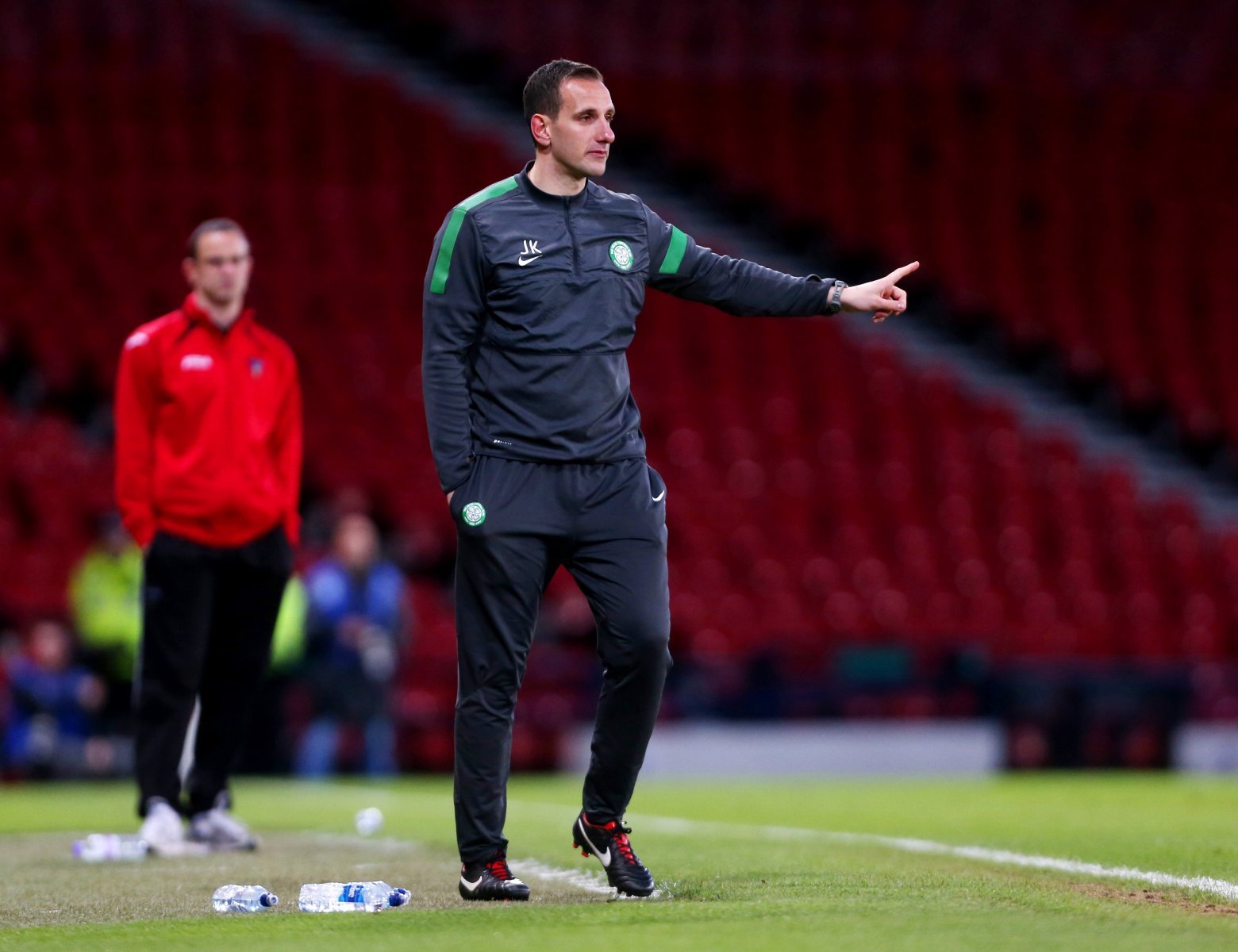
Is the management team fully aware of the expectations of the support, and the board, during this critical campaign, are they aware that performances and results, and especially in Europe, have been nowhere near good enough and that they have to deliver improvements?
Finally, are the management team being properly supported by the club, and could more be done?
Anyone who doesn’t reckon that this has to be one the subjects for debate is not being honest.
It is a critical issue and worthy of serious discussion, and the fans will want to know what the board’s thinking on the matter is.
Now, nobody expects that the directors are going to say anything other than that the manager and his coaching team have their full support, but that won’t be the full extent of the answer. The way the question itself is framed – the management team, as opposed to Neil Lennon – is clearly about more than just him.
This is about all of them.
The question as to whether enough is being done to help them is important; perhaps the current team would benefit from a few extra bodies, people who can focus on other areas where perhaps those in the job right now aren’t fully up to par.
There’s nothing wrong with this; clubs everywhere do this stuff as a matter of routine.
But the message has to be clear that a lot more is expected of those in the management team at the moment and that the European results, in particular, are absolutely unacceptable.
Remember, the AGM is more than just a collection of fans; it’s the shareholders talking, and they have more than just an emotional stake in the club.
The Financial Position
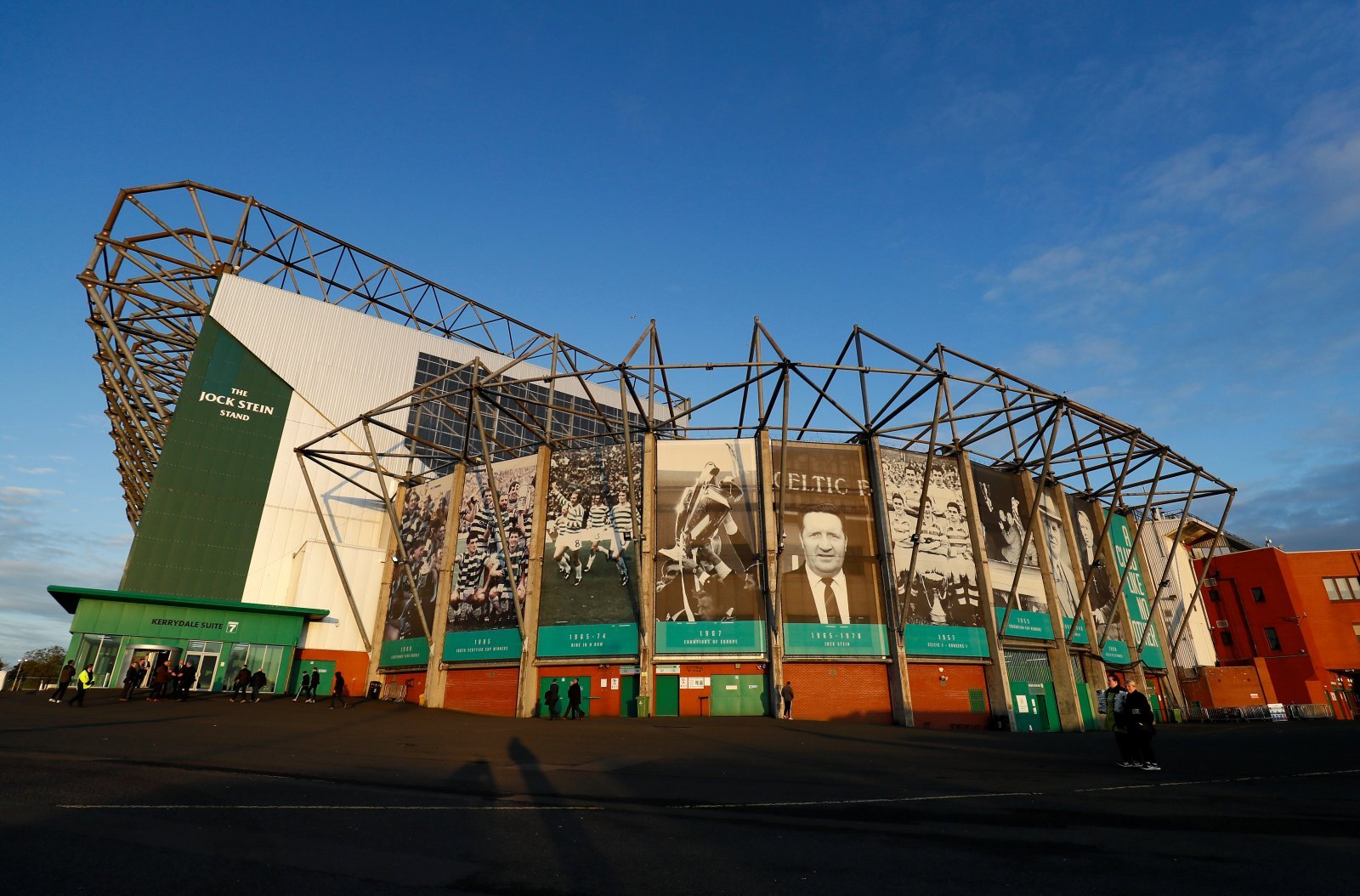
How has the club weathered the global health crisis? Is the board confident that we have the wherewithal to survive the next phase of it without major negative effects? Will the management team be required to dispose of a top asset in the summer if we are to successfully navigate this, and will a significant portion of any recouped fee be available for a replacement?
There is little doubt that this will be discussed at length, and it should be, because it’s one of the most pressing things on the minds of the supporters.
The global health crisis has had a momentous impact on football all across the world, and our club is not immune.
So is our club safe?
Does this crisis mean we have to sell top players?
Are we still sitting on a surplus or has it all gone? If it is, is there an imperative to rebuild it?
That’s a question which this crisis has brought into sharp relief; if not for that money, what would the state of the club be coming out of this campaign?
It’s clear that we’d be in a bad, bad place.
So a rainy-day fund of some kind is a perfectly good idea, in principle, although another club has managed without either the pot to piss in or the window to throw it out.
The fans are not stupid, we will understand if the news on this front is not good … we will understand the sale of a key asset, as long as the club intends to replace him with quality.
I know the board isn’t going to bullshit us anyway, and tell us everything is fine.
Celtic fans can handle this stuff, so the board can afford to be straight with us.
Fans Back In The Stadium And The Health Crisis
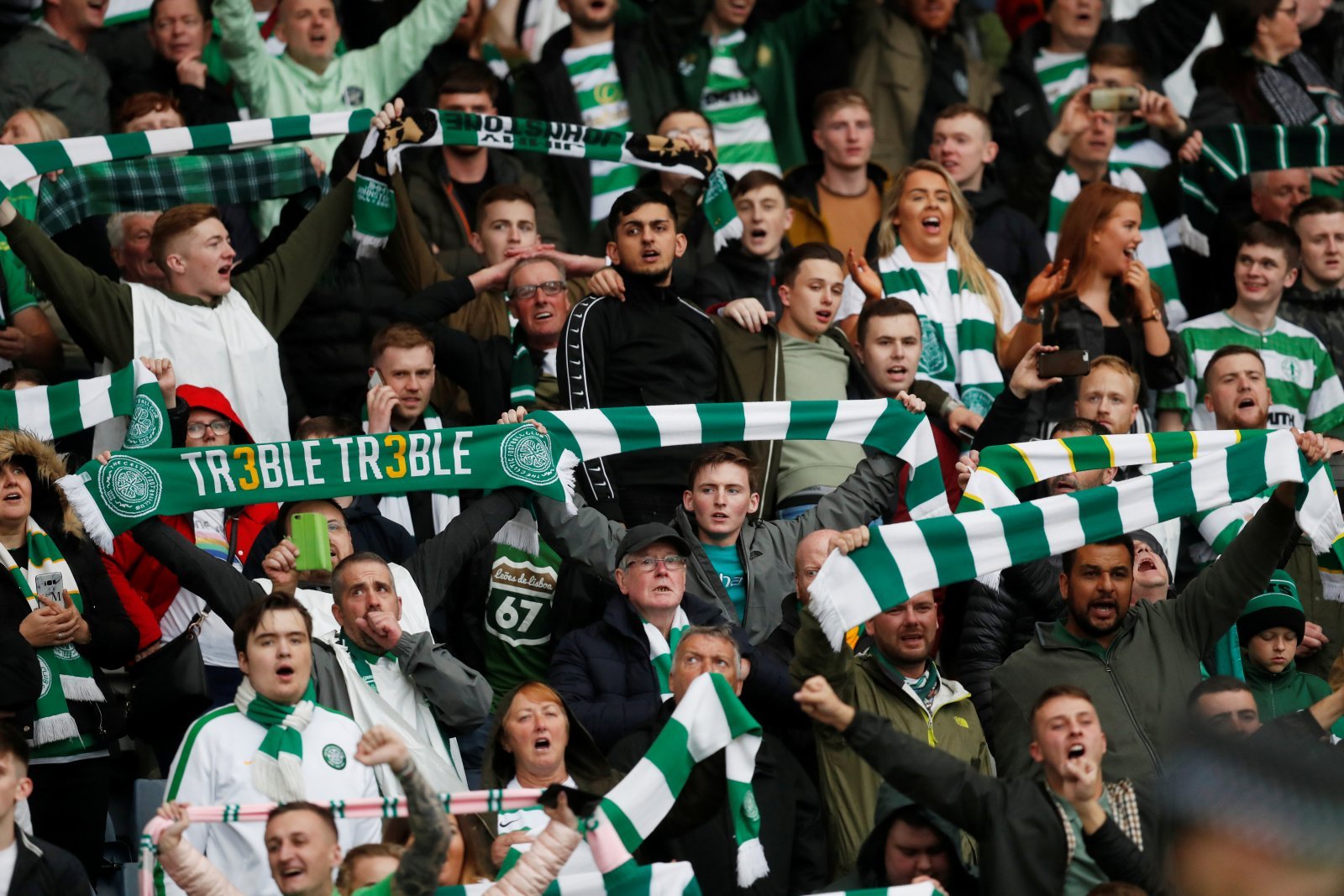
Is there any sign that Celtic will have fans back inside the ground soon? How has the club felt about the level of support (or otherwise) from the Scottish Government and the governing bodies over the course of this crisis? Have they behaved even-handedly? Have they been supportive? What could be getting done better, and will the club make provisions not only for this crisis but for the possibility of future crises of this sort?
The club has been working with the Scottish Government and the governing bodies since the start of this crisis and not only in relation to our own ability to handle it, but to help provide a framework for the game as a whole. Has it worked?
Have we had the appropriate level of appreciation for that at either level?
What could have been done better, by ourselves or by those who were in charge of handling the overall response to this, at government and governing bodies?
Were there moments where our club felt opportunities were lost, or issues unresolved or unexplained … like Ryan Christie for openers.
If others won’t give us a straight answer, will Celtic?
Has Celtic spoken, independently, to scientists and medical people in making their determinations?
What was the advice from those professionals, and where does it differ from that which other agencies have been getting?
Most importantly, are there things the club can do, and changes it can make to the way we have traditionally done things, to prepare us for the next health emergency? There have been a half dozen of these in the last two decades, any one of which could have gone the way this one did; we have to expect that another will be along at some point.
What can we do to mitigate its possible impact, as a club, right now?
The Urgent Need For SFA Reform
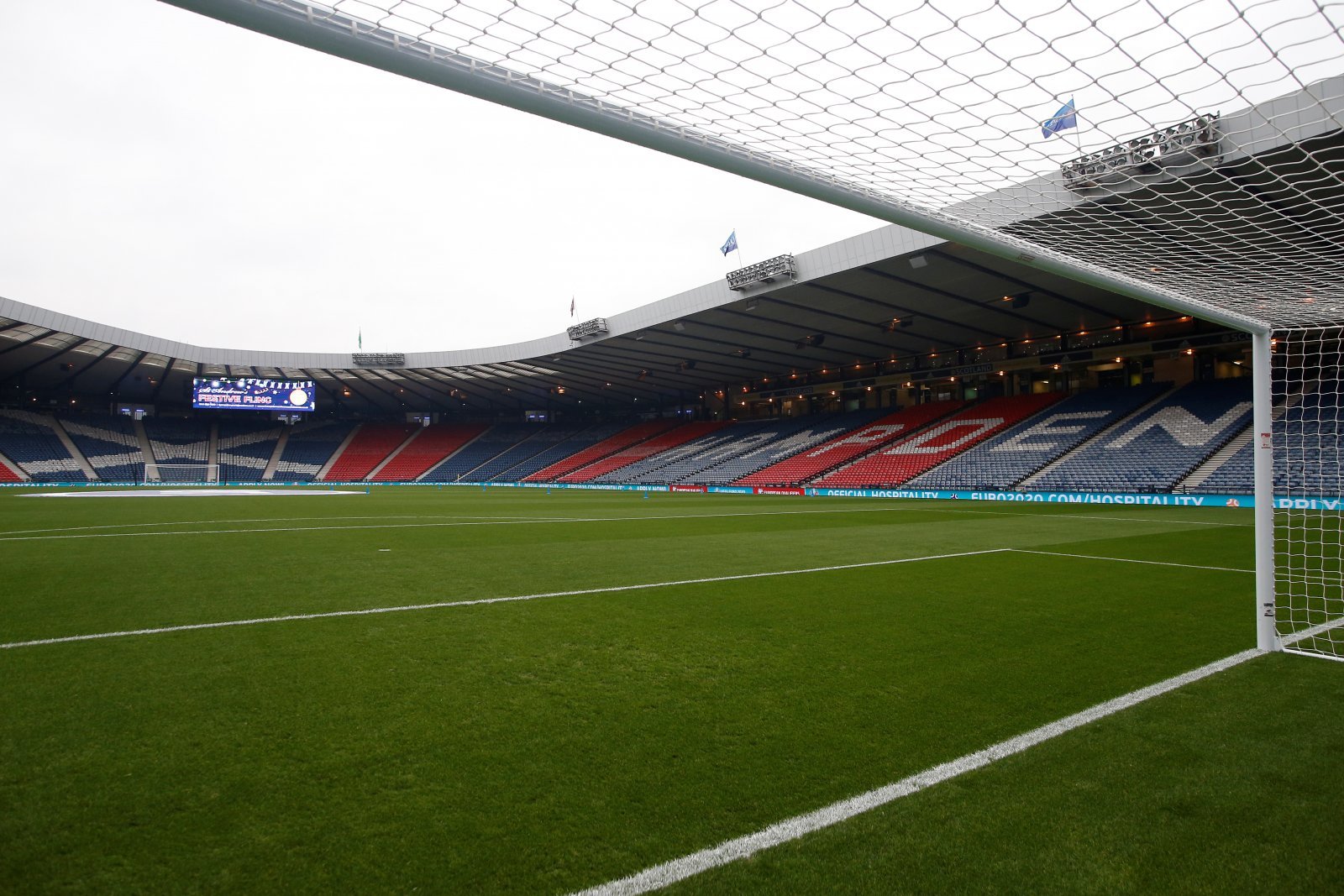
A club from Ibrox is sitting at the top of the SPL right now, having overspent by tens of millions of pounds in the last couple of years alone. Over the eight years they’ve been in existence, they have posted losses in every single one, yet gained licenses for European football without a single flicker of concern from the governing body. The top scorer in the SPL is their right back, by virtue of his being their penalty kick taker. Celtic has lamentably failed to fix the SFA … is that something we’re even interested in doing at the moment, or will we wait until it’s too late?
Indeed, it might be too late already because we can do nothing about this season.
This is a discussion we’ve been having on this blog all week long, and since the start of this month in particular.
As Auldheid said to me, this is the best time for the conversation as when everything is rosy in the garden this is not what people want to be talking about.
It’s pretty clear that a confluence of events such as we’re seeing right now was inevitable, in part because our club did not do enough to reform the game in Scotland when the opportunity was most clearly there for it in 2012.
But it’s not too late to safeguard our future, and make the Scottish game fairer for the years ahead, and better by making some structural changes to governance around the three key areas which Auldheid has written about many times and which he and others, myself included, identified as being absolutely critical to its future.
Financial fair play, reform of referees and better licensing regulations, including those on fit and proper persons.
There surely cannot be a single Celtic supporter out there who does not recognise that we have already squandered years in not getting this stuff done, and that it may cost us if not now then most certainly in the future.
Action on these issues is not due, it is past due, it is overdue.
Resolution 12 / Five Way Agreement
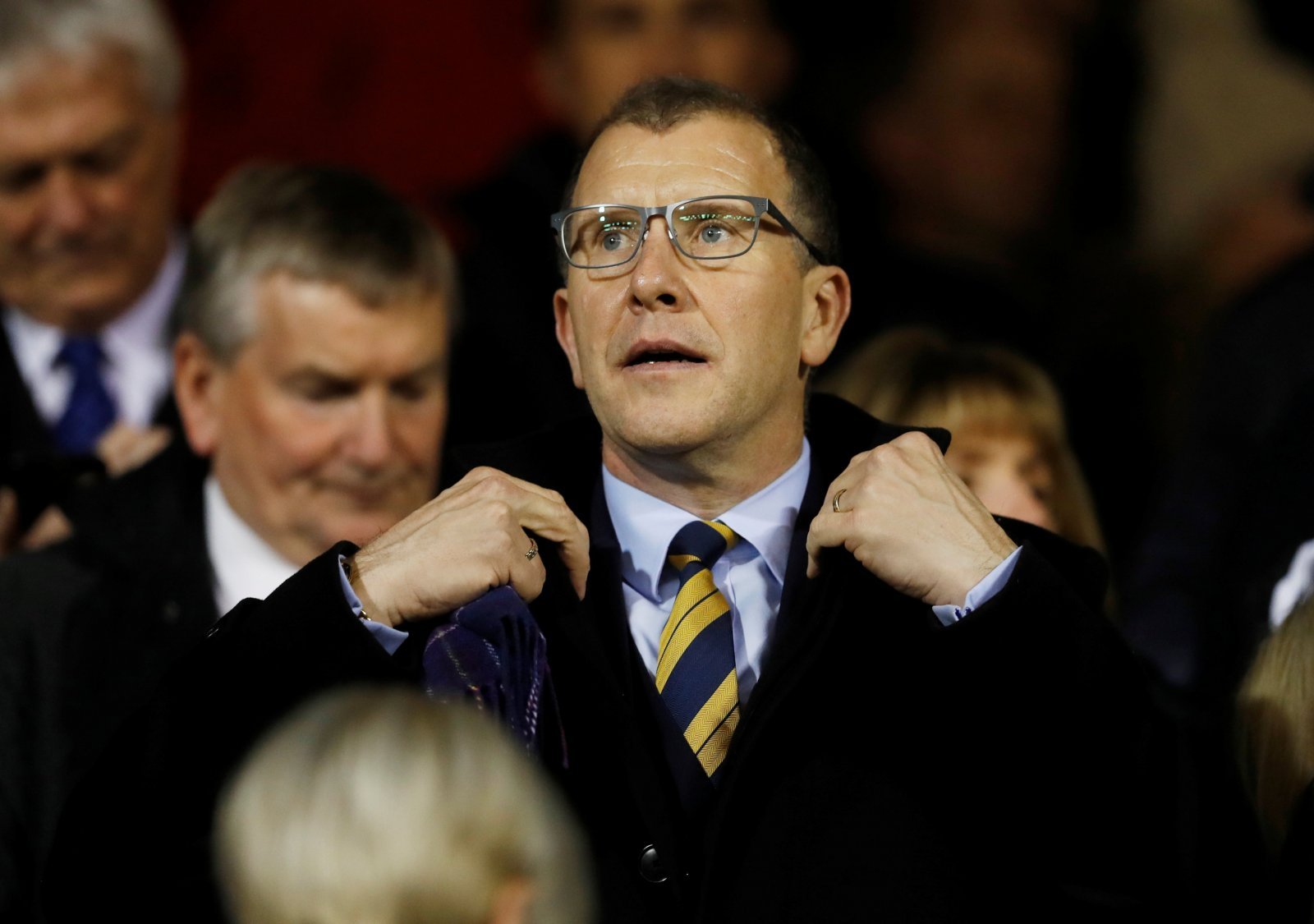
The Resolution 12 issue appears to have been deliberately side-lined by the club, with many not convinced at all that the matter was pursued as far as possible, or with as much vigour. It raises the dreadful possibility that either the club never wanted to get to the bottom of it, or that we’re prevented from doing so out of concern for the possible consequences. Is our unwillingness, or our inability, related to the Five Way Agreement? Has our club any comment to make on this document, or any plans to get to the bottom of what’s in there if our position is still that we don’t know?
Everyone in our support who is interested in the subject knows exactly what Resolution 12 is and why it matters, and they also know about the disgraceful way the club has reacted to what the guys at the centre of that campaign discovered in the course of their own independent investigation; a damned sight more than the club ever thought they would, that’s for sure.
But was there also an unwillingness from the club that they should find it?
The suspicion has long been that the board sent these guys on a wild goose chase, not believing they’d ever find wild geese … and only then panicked when it was clear the smoking gun existed after all and that these guys had found it.
I have no doubt whatsoever that they found it, because I’ve reviewed what they have and it is compelling and devastating.
The suspicion is that the club’s resistance to tackling this matter boils down to the Five Way Agreement and what’s in there.
Many regard it is as the central plank of the SFA’s rationale for not tackling reform or taking the effort seriously.
It is a document we claim not to have seen, but some people aren’t convinced by this at all.
The suspicion is that we’ve not only seen it but supported its drawing up and the things that are in there … a claim which would be devastating to this board and their credibility.
That’s why the Celtic shareholders should put them on the spot over this issue; push for the publication of that document, or for our club to obtain it … and let us all see what’s actually in there once and for all.
Away Match Ticket Prices When We’re Back In Grounds
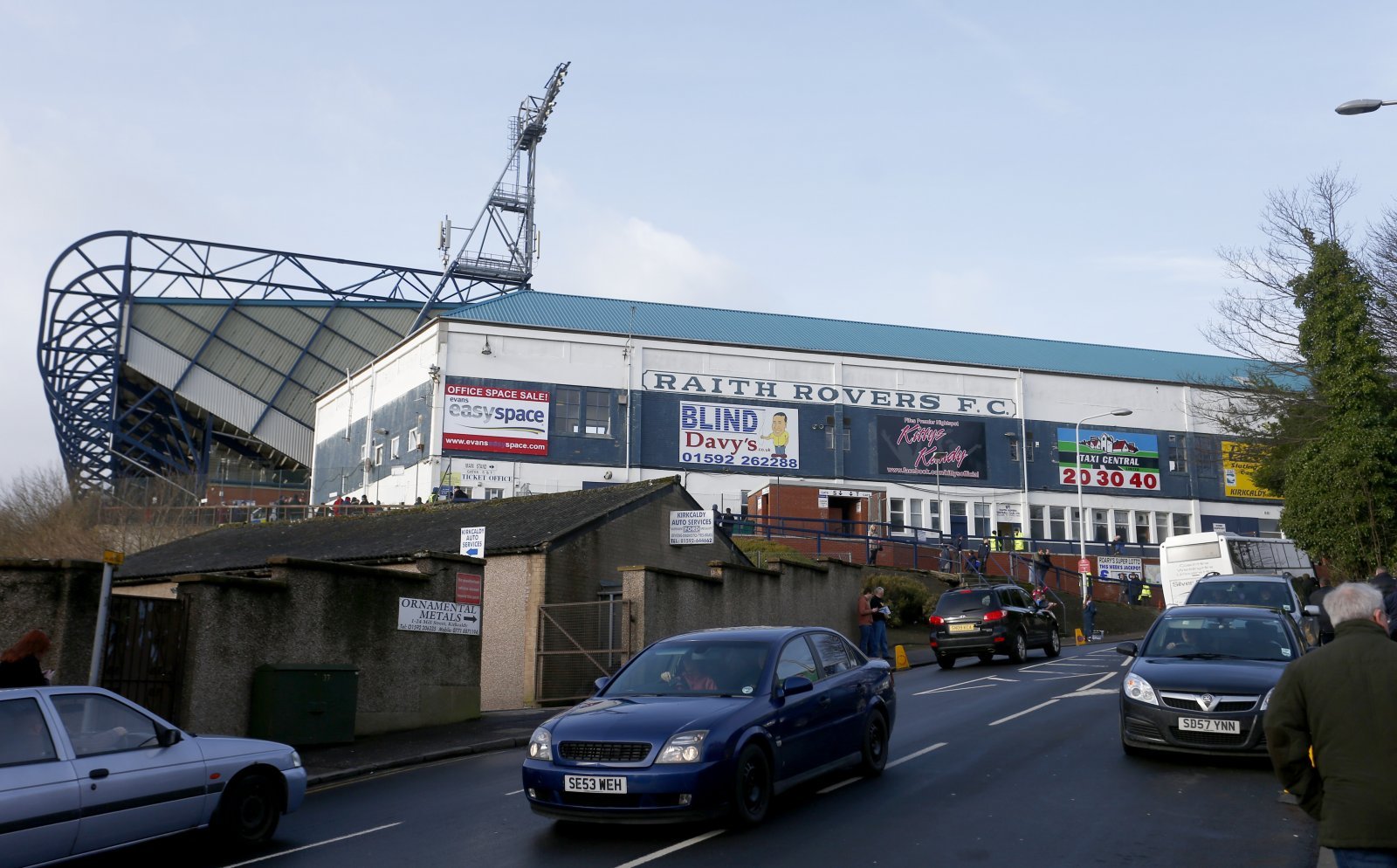
When football returns, it is highly likely that clubs will raise their prices. The impact of this will be felt especially keenly by our supporters, who already pay the highest away match ticket prices of any club in the league bar one. This scandalous difference in how our supporters are treated is likely to grow even more acute in the next few years, as teams try to rebuild their finances on the back of our fans. What can the club do about this and will they attempt to?
I love the way many clubs in Scotland scorn our club and the one across the city and talk about how much better life would be if neither existed or played in this league.
Yet at the same time, some of them have literally stayed alive because they charge our fans outrageously when we visit their grounds and this never seems to have an end point.
When the global health crisis ends, it is going to be enormously tempting for some of those clubs to rebuild their entire bankroll on the back of ours.
The prices are likely to increase dramatically; if I had to guess, 25% will be the minimum of it.
It’s our club’s responsibility to see that our away fans are not ripped off.
I know the club feels that to challenge it would mean changing our own pricing structure; well maybe we should.
Regardless, it’s a well-known fact that our fans are ripped off by these clubs who then have the cheek to sneer at us the whole time, and complain bitterly about our songs and flags and anything else they can have a moan about.
It is past time the club did something about that.
The Media And How We Deal With Them
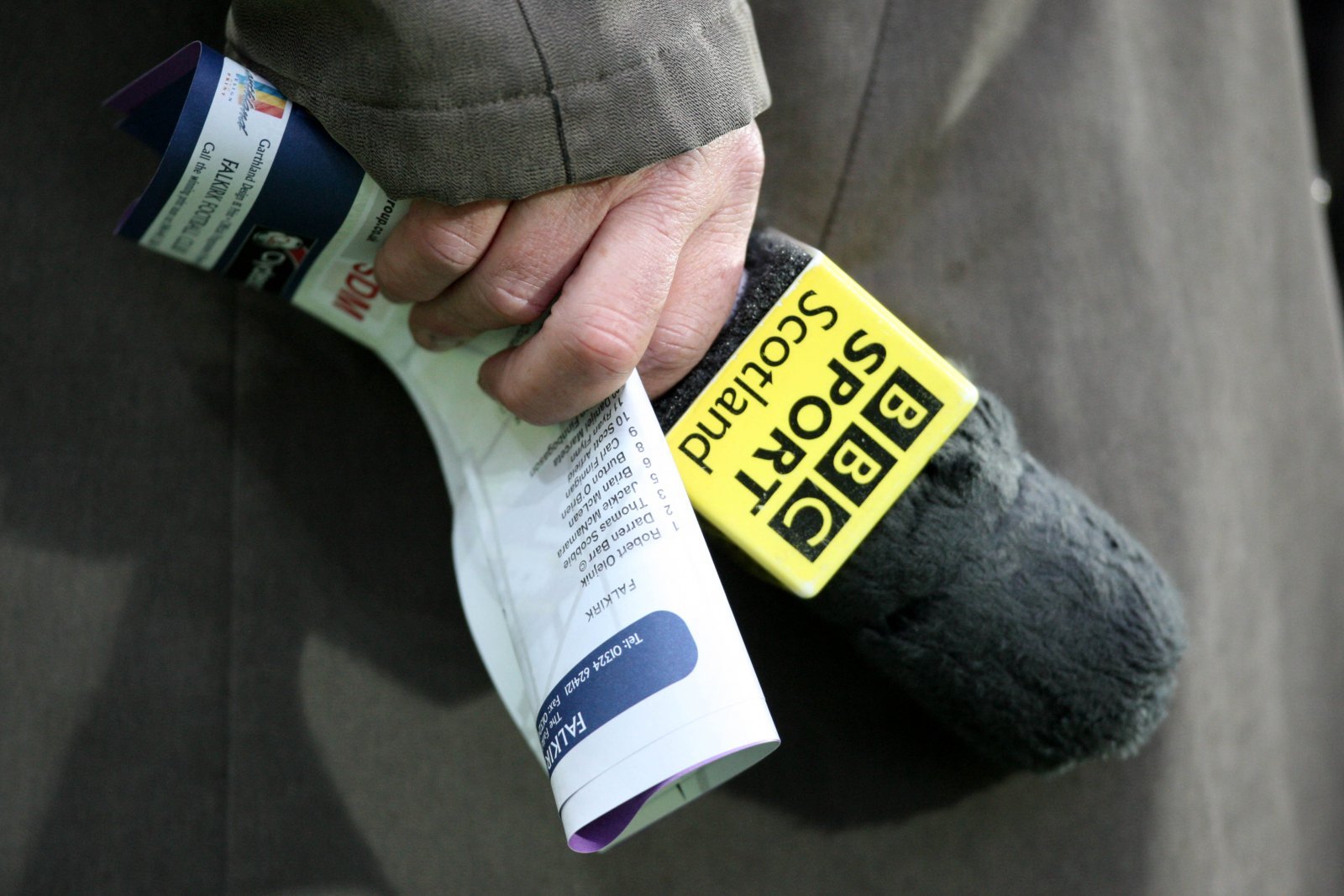
There are sections of the media who constantly, and consistently, attack our club, its player and the supporters. The names of the key suspects are well known, and whilst some of them have never sat in a Parkhead press conference the newspapers they write for and the editors they work for are well represented in the room week after week. What is it going to take for that to change, for some outlets to be told they are no longer welcome to attend?
We all know that there are press outlets who should simply not be inside Celtic Park; The Sun is a peerless example, and every newspaper in the country should have banned them after Hillsborough and if that wasn’t enough it should have been when they racially abused Ross Barkley when he was at Everton.
The same paper dredged through Jeremie Frimpong’s personal life just last week when it absolutely nobody’s business.
There are few things which our board could do for which they would get a standing ovation from the entirety of the support, but telling Jackson, Ralston, English et all that they were no longer welcome in the building would be met with sterling approval.
Our club does not want sycophantic coverage.
You will notice that this blog and others have let the media strongly criticise club, manager and players over the course of the last few weeks?
That’s because we know the media sometimes has to be critical, and that it’s a good thing … but when it is relentless, when it is snide, when it is nakedly biased and shameless partisan or when it’s just to stir the soup we should be drawing the line and saying “no more.”
The Need For A Strategic Review Into Every Aspect Of The Business
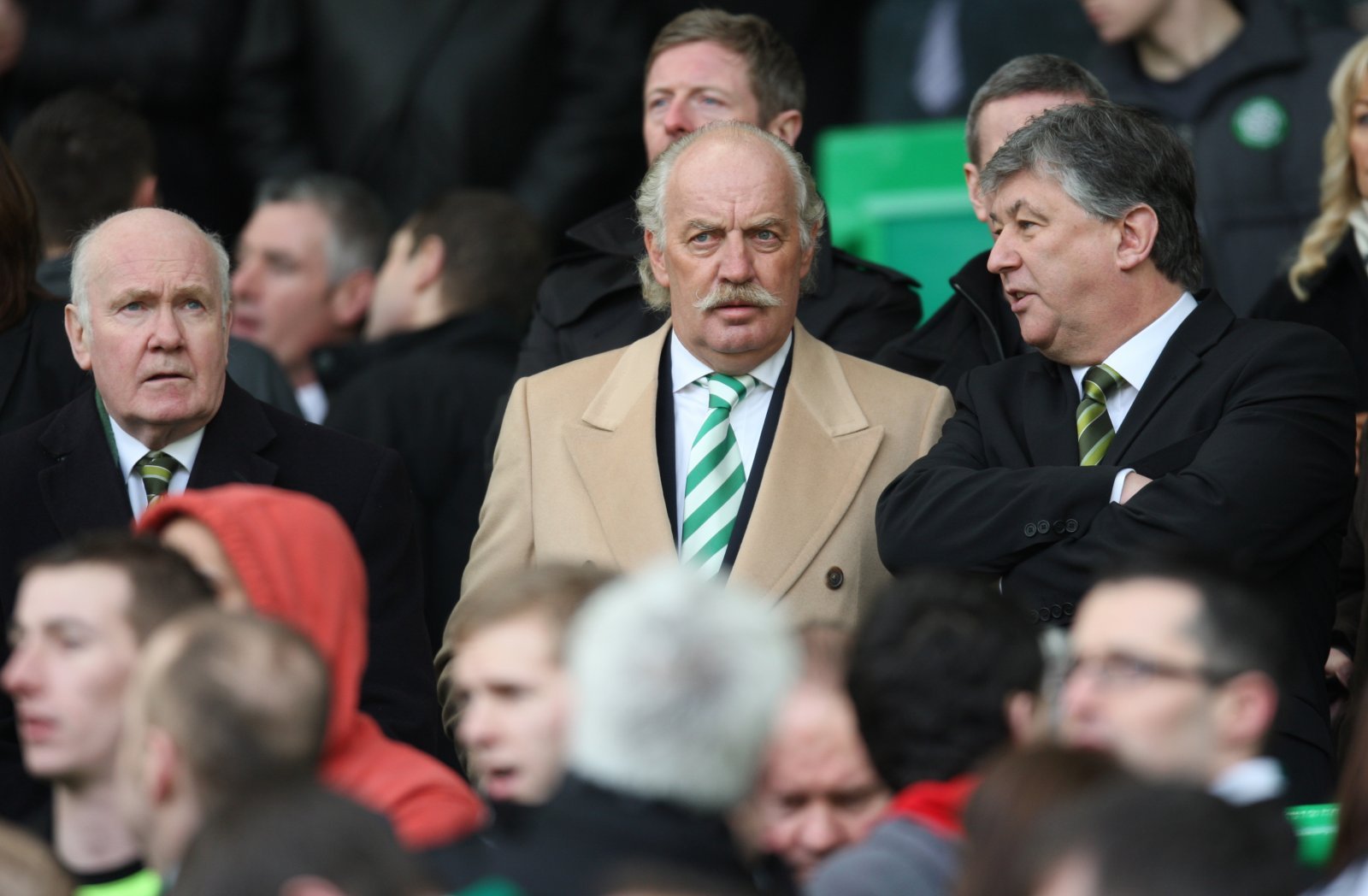
Most of Celtic’s directors have been in place a while, and the CEO has been at the club for far longer than is normal in any business our size, where the average tenure is a mere five years. Hiring practices are suspect; high profile jobs are filled on the basis of a handful of results, and CV’s for alternative candidates don’t even get read. The CEO is on a bonus structure that puts profit before results on the pitch, and he is the highest numerated individual in the building … which is unheard of in this industry. Numerous systems, including scouting, don’t appear to be delivering value for money. Isn’t it past time that Celtic conducted a full, comprehensive and independent strategic review to see if changes have to be made?
So much of Celtic does not work as a business our size should.
There are unaccountable CEO’s in all walks of life, but few in any industry last as long as ours has.
For years now there has been an absence of “joined up thinking” at the club, and this has cost us in numerous ways; the notorious transfer window debacle of season 2018-19 was a case in point, where the manager identified players, the CEO failed to deliver them, and then in the January window he was handed a player he hadn’t signed and had no interest in whatsoever.
It is not the only example.
The inaction of, or the inability of, the board to push for genuine industry wide reforms has allowed a key competitor to catch up to us, using exactly the same financial model as destroyed the old one; this is a mammoth failure of strategic thinking and imagination … but this is what happens when you leave the same people in charge of an organisation for too long.
It’s become clear that if we’re going to reform anybody else’s house that we need to start with some big changes in thinking, in attitude and imagination inside our own first … and as the AGM is made up of shareholders it is time those shareholders asked for a full-scale nuts and bolts review of Celtic as a company, and whether or not it works as it should.
Join us on Facebook by Liking and Following our page … don’t miss another article.